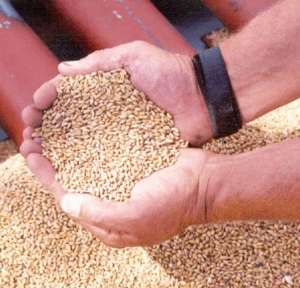A team of researchers from the "Babeş-Bolyai" University (UBB) in Cluj-Napoca has made a remarkable discovery in the Eastern Carpathians, identifying an extremely rare plant, Andryala laevitomentosa, which could be the oldest plant on Earth, with an estimated age of over 60,000 years. This endemic species has survived extreme climatic conditions, including the Pleistocene glaciations, through remarkable adaptation methods and the ability to reproduce vegetatively.
Andryala laevitomentosa is one of the rarest plants in the world, with only five isolated populations on a limited area of approximately 1.8 km in the Bistriţa Mountains. Unlike most plants that reproduce by seed, this species ensures its continuity through vegetative reproduction, that is, through shoots, which has allowed the formation of clones that have survived for millennia. Genetic analyses carried out on these populations revealed very low genetic diversity, but identified marked genetic differentiations, an essential adaptation for the longevity of the species. To determine the age of these clones, the research team used advanced genetic analysis techniques. Only 11 genetically distinct individuals were identified, which reflects a low diversity, but each clone itself is a living relic that has survived over millennia. Professor Mihai Puşcaş, a member of the research team from the Faculty of Biology and Geology at UBB, emphasized that this remarkable longevity demonstrates a unique capacity for adaptation and resistance to drastic climate change: "Only 11 genetically distinct individuals have been identified, but the longevity and persistence of these clones are incredible. Thus, the "oldest clone" would represent one of the oldest, if not the oldest individual known in the plant world, thus demonstrating a remarkable capacity for adaptation and survival of these organisms in the face of environmental changes." This discovery highlights not only the longevity of the Andryala laevitomentosa species, but also the urgent need to protect its unique habitat in the Carpathians. The loss of a single clone would mean the disappearance of an organism that has survived since the last glaciation. In addition, the study contributes to a better understanding of how plants can withstand extreme climate change, providing valuable clues for biodiversity conservation in a context of current climate change.


















































